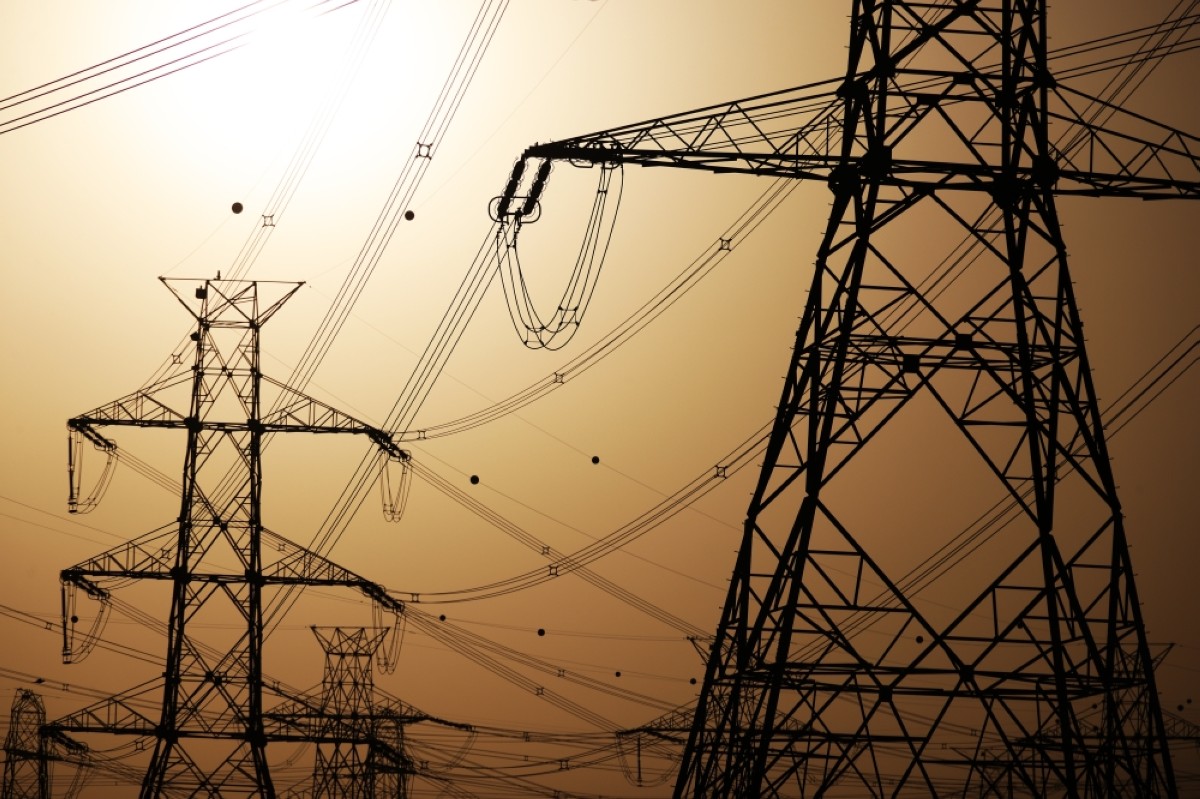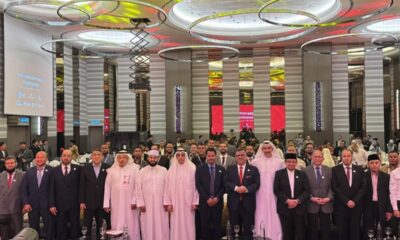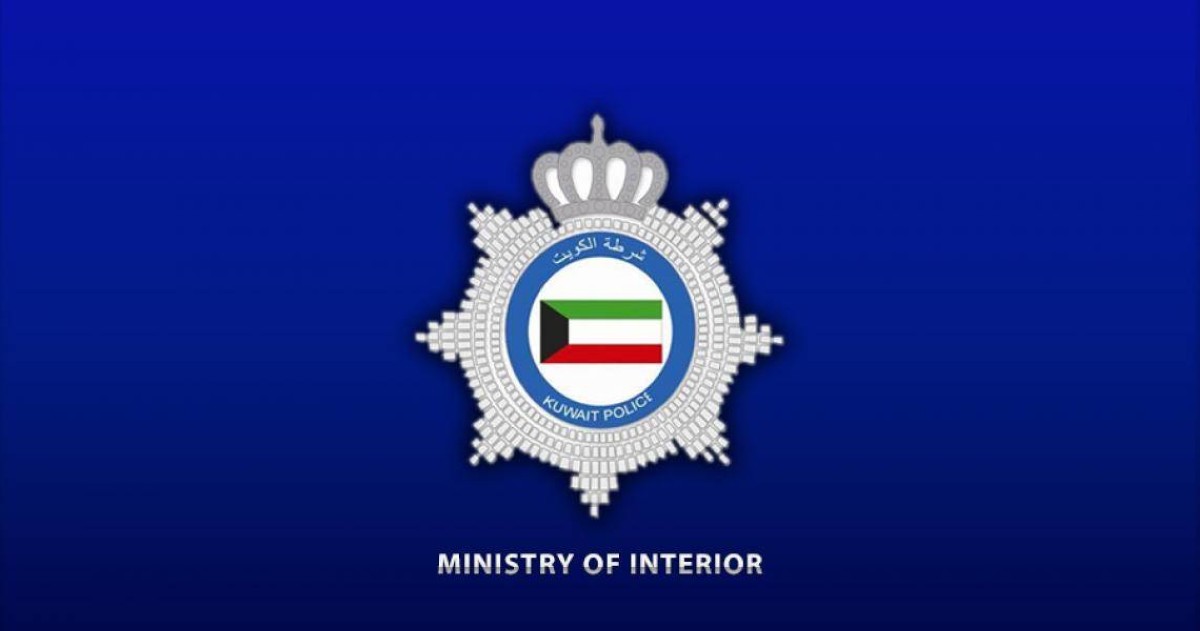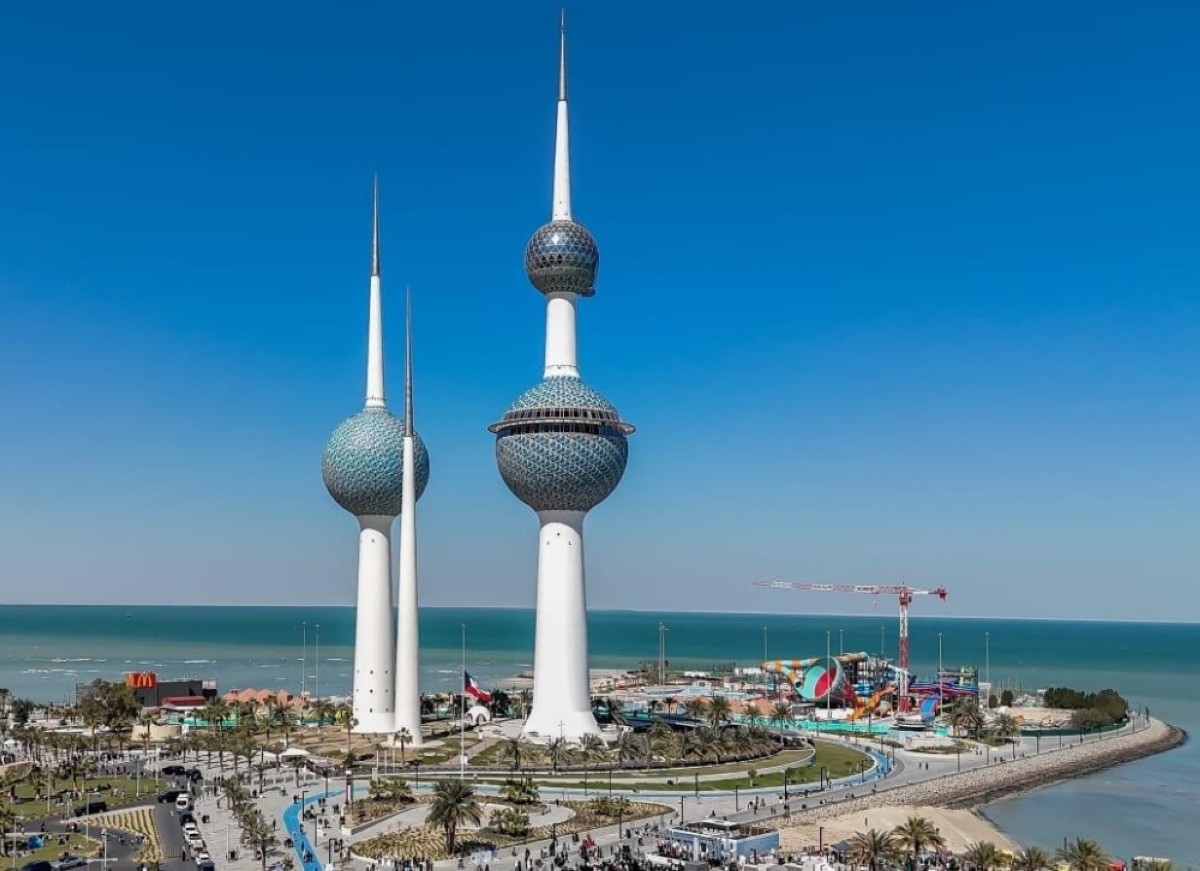KUWAIT: The Ministry of Electricity, Water and Renewable Energy says a program incentivizing citizens to rationalize their power and water use is making a significant impact in reducing consumption across the country — and rewarding consumers with lower bills.
Launched in 2020, the initiative, called ‘Hafez’, gives financial incentives to households that prove they have cut their electricity and water usage.
“Savings start on the customer’s bill, but they also reduce the massive costs the state incurs to produce electricity and water, cut fuel use, and lower harmful emissions,” said Khadija Al-Mashari, head of the ministry’s awareness and media team for conservation, in an interview with KTV news channel.
Under the program, electricity savings of 20 percent or less earn customers double that percentage as a discount on their monthly bill. If savings exceed 20 percent, customers receive a 40 percent discount on their electricity bill for that month. The program tracks savings month by month, and if savings occur in some months but not others, the qualifying months are added together, with rewards paid out at the end of the calendar year.
For water, customers who save up to 25 percent receive double that percentage as a discount. Those who save more than 25 percent get a 50 percent discount on their water bill for that month. Like electricity, water savings vary monthly, and the total savings are calculated and rewarded annually.
The program, based on Article 2 of Law No. 20 of 2016, has so far enrolled over 8,000 customers. “More than 5,000 to 6,000 clients have received rewards, totaling nearly KD 120,000,” Al-Mashari noted.
Hafiz complements the ministry’s year-round “Waffir” campaign, which focuses on public education and direct engagement. Teams have visited malls, markets, and community events to share tips on reducing consumption. “Conservation is not just for summer — it’s a lifestyle,” Al-Mashari said.
Enrollment is open only to Kuwaiti citizens with private residences. In addition, the consumer must have lived at their property for at least one year, with neither the consumer nor the property having any active violations. There must be an active electricity or water service contract associated with the account number, and the property must have no overdue installment payments. Registration for Hafiz is available via the Sahel app or the ministry’s website.
Minor faults
Al-Mashari also addressed concerns about scheduled power outages, which the ministry has previously enforced to manage high demand.
Programmed cuts were imposed on parts of over 60 residential, agricultural and industrial areas earlier this summer as high temperatures put pressure on the country’s grid. At the time, the ministry said consumption was 21 percent higher than the same period last year.
“As we have recently seen, there have been no programmed cuts,” she said. “Any outages in recent months were due to minor faults in the network, which is to be expected with increasing demand as mercury soars.” She added that the ministry closely tracks consumption levels, temperature forecasts, and network performance to ensure uninterrupted service during peak summer demand. Al-Mashari stressed that conservation doesn’t mean giving up comfort: “When we say ‘save,’ we’re not asking you to reduce your comfort or disrupt your daily routines — just avoid waste.”


 Latest News16 hours ago
Latest News16 hours ago
 Politics14 hours ago
Politics14 hours ago
 Politics17 hours ago
Politics17 hours ago
 Latest News17 hours ago
Latest News17 hours ago
 Latest News11 hours ago
Latest News11 hours ago
 Politics15 hours ago
Politics15 hours ago
 Politics12 hours ago
Politics12 hours ago
 Latest News14 hours ago
Latest News14 hours ago

















